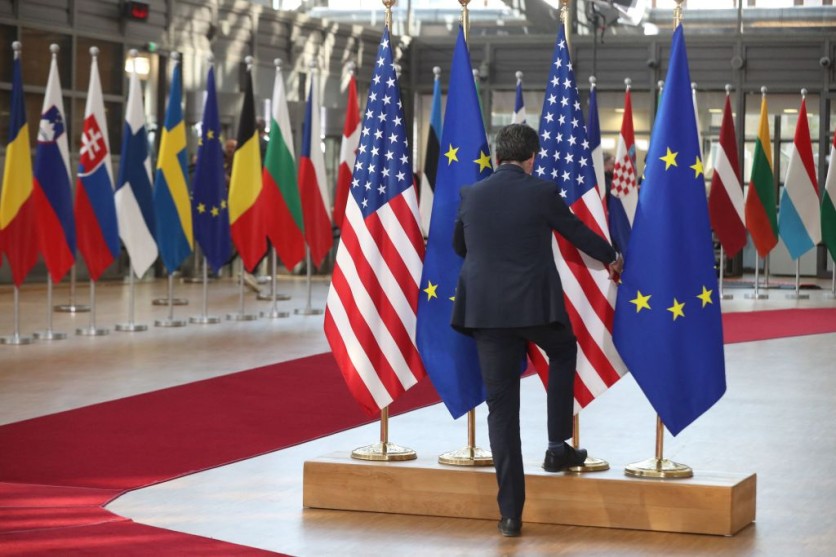The European Union (EU) is urging the United States (US) to implement tighter regulations on artificial intelligence (AI) to ensure the development and deployment of AI technologies are in line with international standards.

EU Official Encourages US to Take Substantial Action
According to a report from WIRED, Didier Reynders, the European Commissioner for Justice, emphasizes the need for the US to take substantial action and not just engage in empty promises.
Reynders highlights the importance of privacy protection and data control, referring to the EU's General Data Protection Regulation (GDPR) as an example of comprehensive privacy laws.
While there have been proposals in the US for similar regulations, including suggestions from tech executives, Facebook whistleblowers, and members of Congress, Reynders notes the lack of real progress and implementation.
Despite the settlements reached by the US Federal Trade Commission with tech companies regarding user data protection, Reynders contends that these actions lack the same level of authority as laws capable of imposing more stringent fines and legal repercussions.
He emphasizes the crucial role of effective enforcement in any regulatory framework and advocates for a unified approach between the EU and the US to establish an international standard for AI regulation.
Read Also : EU Official Urges Elon Musk to Make Progress on Twitter Amid New Law Against Hate Speech, Misinformation
ChatGPT and AI Regulation
ChatGPT, developed by OpenAI, emerges as a significant area of concern in AI regulation. Italy's data protection authority temporarily halted ChatGPT, prompting the implementation of updates to enhance privacy options and disclosures.
A comprehensive investigation into OpenAI's compliance with the GDPR is expected to be completed by October.
Additionally, an EU-wide data protection task force is working towards establishing shared principles for handling ChatGPT. These developments might necessitate further adjustments to OpenAI's data collection and retention policies.
Sam Altman, CEO of OpenAI, has expressed support for new rules governing AI systems while also expressing concerns about overregulation.
Reynders believes that including major actors like OpenAI in discussions is crucial to understand their concerns and find solutions through legislation. He assures OpenAI that new AI rules should not hinder its mission of developing technologies for the greater good.
Reynders stresses the need for the EU and the US to align their regulations. The EU is set to introduce the AI Act, and if the US does not have corresponding rules, it will be more challenging to ensure full compliance and drive industry-wide change.
Reynders believes that cooperation between the EU and the US in establishing robust AI regulations will enable the development of an international standard, facilitating the safe and responsible use of AI technologies worldwide.
Related Article : EU Could End the 'Apple Tax' with the Digital Market Act that Could Force the Company to Give Up Its 'Monopoly'





![Most Useful Google Chrome Keyboard Shortcuts You Need to Know to Improve Your Browsing Experience [2024]](https://d.techtimes.com/en/full/449047/most-useful-google-chrome-keyboard-shortcuts-you-need-know-improve-your-browsing-experience-2024.jpg?w=184&h=103&f=476d29fd60df70a67f6679f99a2ca6d0)